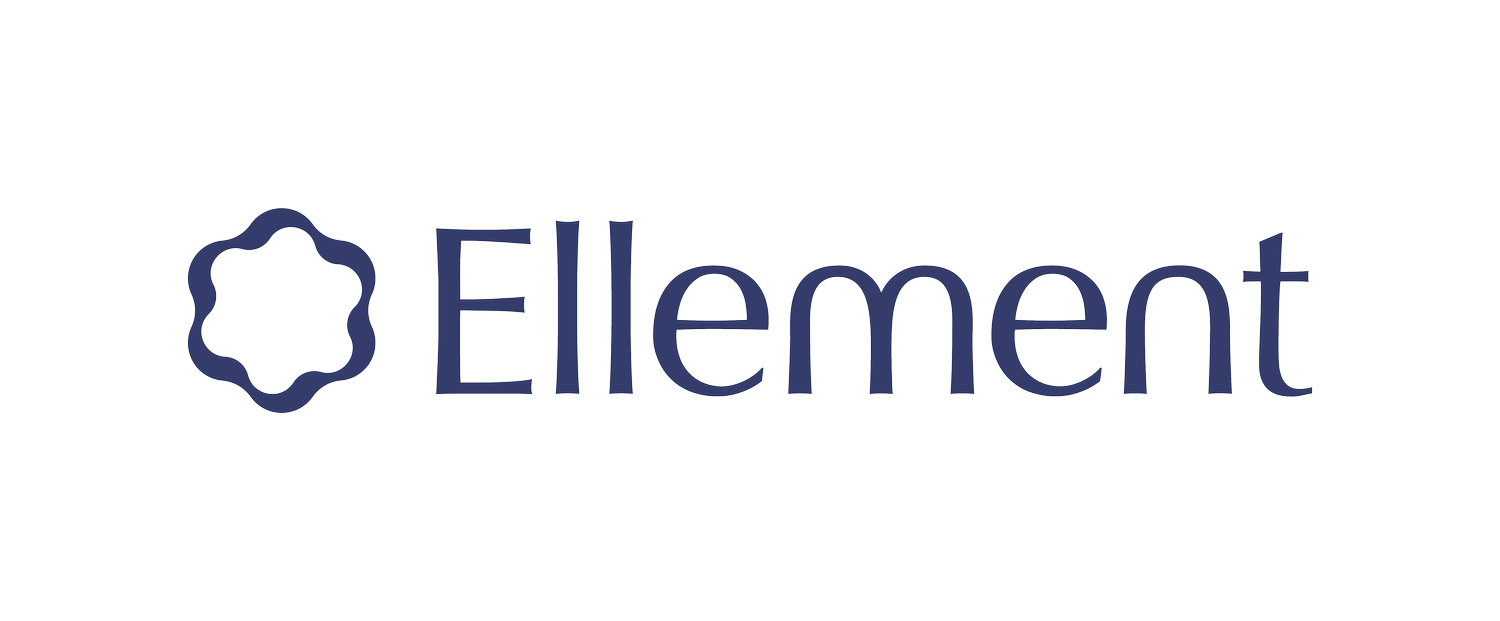Iodine
Iodine
-
Iodine is an essential trace mineral that plays a vital role in the synthesis of thyroid hormones. These hormones are responsible for regulating metabolism, growth, development, and various physiological functions in the body. Iodine is not produced naturally by the body, so it must be obtained through dietary sources or supplementation.
-
Iodine is primarily concentrated in the thyroid gland, where it is used to produce thyroid hormones—triiodothyronine (T3) and thyroxine (T4). These hormones are essential for maintaining a healthy metabolism, body temperature, heart rate, and energy production. They also play a crucial role in fetal and infant brain development.
In addition to its role in thyroid function, iodine also supports the health of other tissues and organs, including breast tissue, salivary glands, and stomach lining. Adequate iodine intake is particularly important during pregnancy and infancy to ensure proper growth and cognitive development.
-
Good dietary sources of iodine include iodized salt, seafood (such as seaweed, fish, and shellfish), dairy products, and eggs.
-
Ellement uses Potassium Iodide. This form is the most commonly used form of iodine for supplementation. It is a stable and highly bioavailable form. Its effectiveness and safety in supporting thyroid function and preventing iodine deficiency are well-documented, and it is the preferred form of iodine supplementation recommended by health organizations, such as the World Health Organization (WHO) and the American Thyroid Association (ATA).
-
Certain individuals should exercise caution or avoid Iodine supplementation, including those with thyroid dysfunction, hyperthyroidism, autoimmune thyroid disorders, kidney disease, and known Iodine allergies. Excessive iodine intake can worsen thyroid imbalances, trigger autoimmune responses, cause complications in kidney function, or elicit allergic reactions. It is important to consult with a healthcare professional before considering Iodine supplementation if you have any underlying medical conditions or concerns.
-
Taking Iodine supplements with meals is generally recommended as food can help improve Iodine absorption, which is why Ellement includes Iodine in our Evening packets.
-
Yes, it is possible to get too much Iodine, which can lead to adverse effects on health. The daily recommended upper limit (UL) for Iodine is 1100 mcg.
While Iodine is essential for proper thyroid function and overall health, excessive intake can result in a condition called iodine toxicity or iodine overload.
-
Yes. Ellement has many customers who require no Iodine in their prenatal supplement packets and we can easily accommodate this adjustment.


